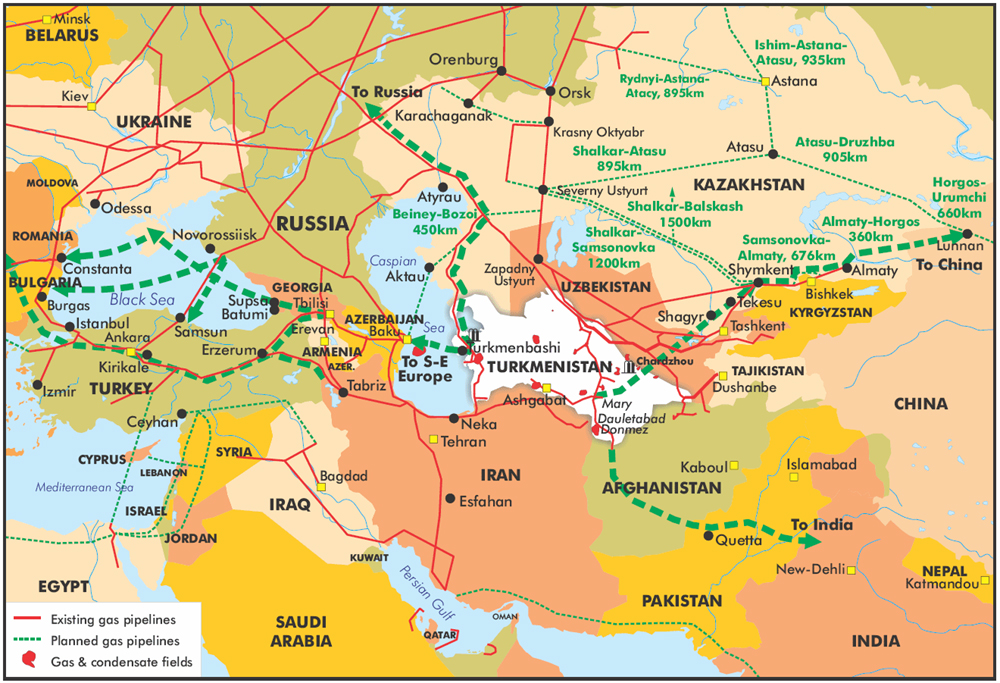Iran's real ambitions have little to do with religion, terrorism or nukes
 Sunday, September 12, 2010 at 12:03AM
Sunday, September 12, 2010 at 12:03AM 
Powerfully sensible piece by Dario Cristiani in World Politics Review via WPR's Weekly Article Alert.
The guts of the logic WRT Central Asia:
If Iran has always been geographically part of the regional context of Central Asia and the Caucasus, Tehran's geopolitical orientation has historically been focused southward, on the Persian Gulf. For more than a century, Iranian interests in the area were limited to dealing with Russia's -- and later the Soviet Union's -- expansionism. The end of the Cold War and the implosion of the Soviet Union opened new opportunities on Iran's northern borders, even if Iran remained more preoccupied with the need for domestic reconstruction following the war with Iraq.
In the past 15 years, however, Tehran has been particularly active in trying to create a deep net of institutional and economic links in the region, in part to counter the increasing reach of Turkey, perceived as an American proxy, and of Pakistan, historically an enemy of Iran. Such an approach has been characterized by the "pragmatism" typical of Iran's post-revolutionary leadership. Eschewing the idea of exporting revolution, Iran has instead tried to improve ties with all the countries of the region, focusing on those with which it shares cultural and historical links. This explains the strong attention paid by Tehran to Tajikistan and Afghanistan, which represent cornerstones of the Iranian strategy in the region. At the same time, a clear example of Iran's pragmatism is the close relationship it has forged with Armenia, cemented by the common interest of containing Azerbaijan.
Iran's ultimate goal is to become a technological and economic power in the region, and to this end, Tehran is supplementing its cultural and historical links with a more resolute economic presence, including investments in massive infrastructure projects.
The surprising conclusion: even though Russia, China, the US and Iran all want stability in Afghanistan, because of regional rivalries, Iran has been unable to cooperate with any of them on the subject.
Great piece of Nasr/Takeyh quality.










Reader Comments